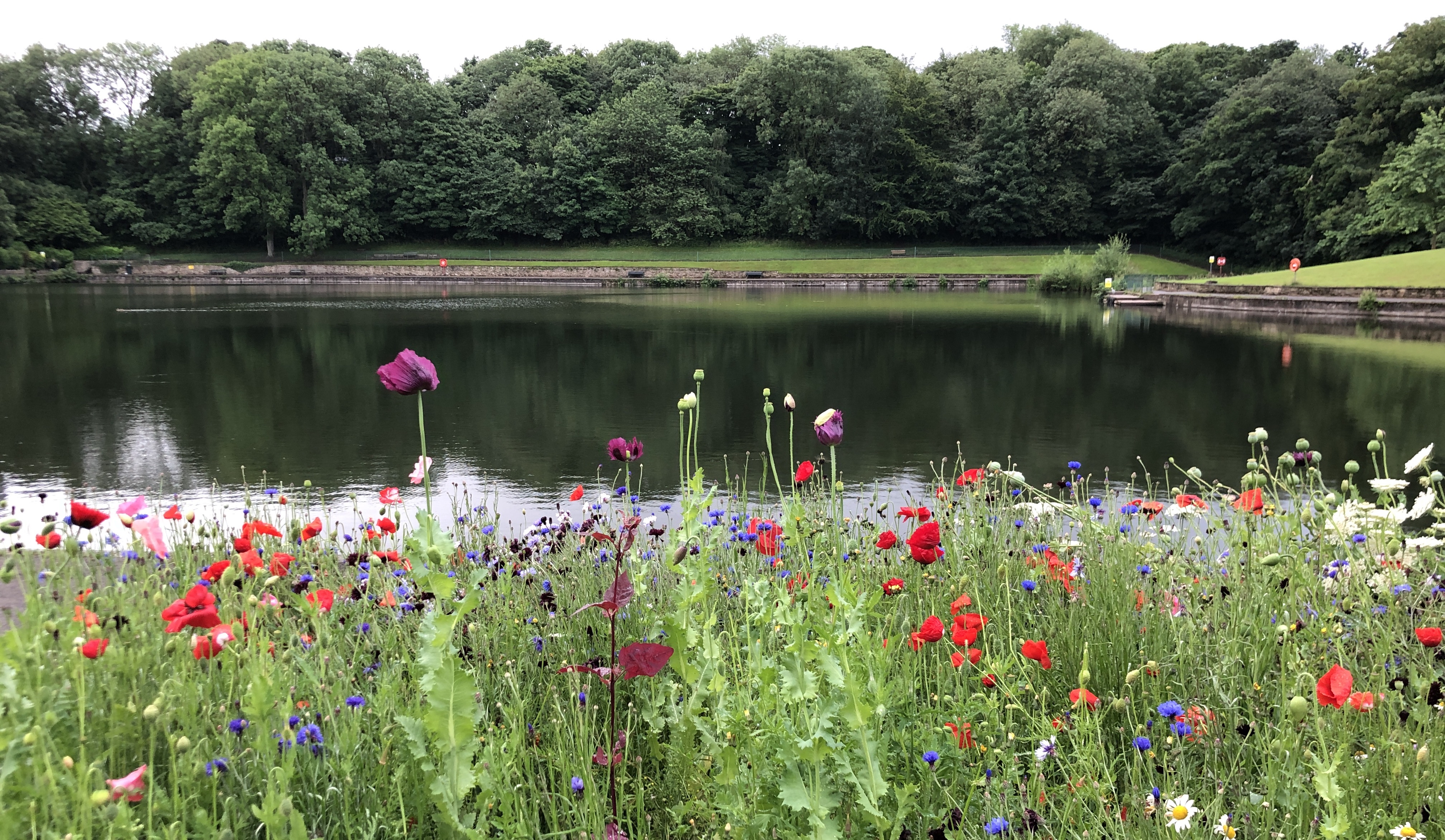Stillness

Stillness is not inaction, it may be the most difficult act of all in our current climate of urgency, our race to success, our egocentric desire for importance. Doing nothing is the supreme act of humility, it is the somatic equivalent of saying "I don't know". (2016)
I've written about stillness before. It intrigues me. It's a word, an idea that seeks a voice in these tumultuous times, this dichotic life of loss/reinvention, of confusion/normalisation. As our home life and family life becomes intertwined with work life and dissolves into social life in an edgeless continuum, I fear that the sameness of everyday existence will deny us important moments of transition. For instance, we no longer need to walk from our desks to the meeting room, leave our place of work to visit a cafe for lunch, or even walk or ride to our favourite bar or club now we've learned to socialise online, to dance and drink on camera. These lost transitory moments may not fit our picture of "stillness", after all they are action-oriented, movement from one place to another. And yet such transitions allow stillnesses of mind, the release of breath between one activity and the next one, a moment of reflection perhaps.
I suppose most people don't think of their (once-upon-a-time) daily commute as being particularly meditative, and yet the sheer act of being in limbo, between the state of home and the state of work, trapped in a train, bus or tram, or even driving, walking or cycling along a known route, often in auto-pilot mode, allows our minds to wander, our thoughts to churn in a way the routines of home and work don't allow for. Very few people, perhaps one or two, have actually said to me, I miss my commute, but when I heard it, I understood. Maybe we should all miss our commutes, and the other unproductive parts of our day, the in-between times, the annoying moments of standing, uninformed at a bus stop, being stuck in traffic, or a queue at the bank, waiting for a friend who doesn't show, walking all the way to the end of the hall just to get a cup of coffee, all those spaces in between.
Stillness is often thought of as mindfully dedicated time to pray or meditate. It can be that, of course, but I'm talking here more about mindless stillness, inevitable stillness, stillness that is thrust upon us. Edges may be a better term, or perhaps the two terms serve each other. Today there is a loss of edges. I see it around me, and I experience it. Society is a blurred photograph. It's worth paying attention to, this amorphous, edgeless existence, and claiming back our edges, our lost moments of stillness—even if we have to artificially manufacture them through forced action and discipline. The nothing moments are of great value, but ephemeral, and too easily lost.
02 September 2020